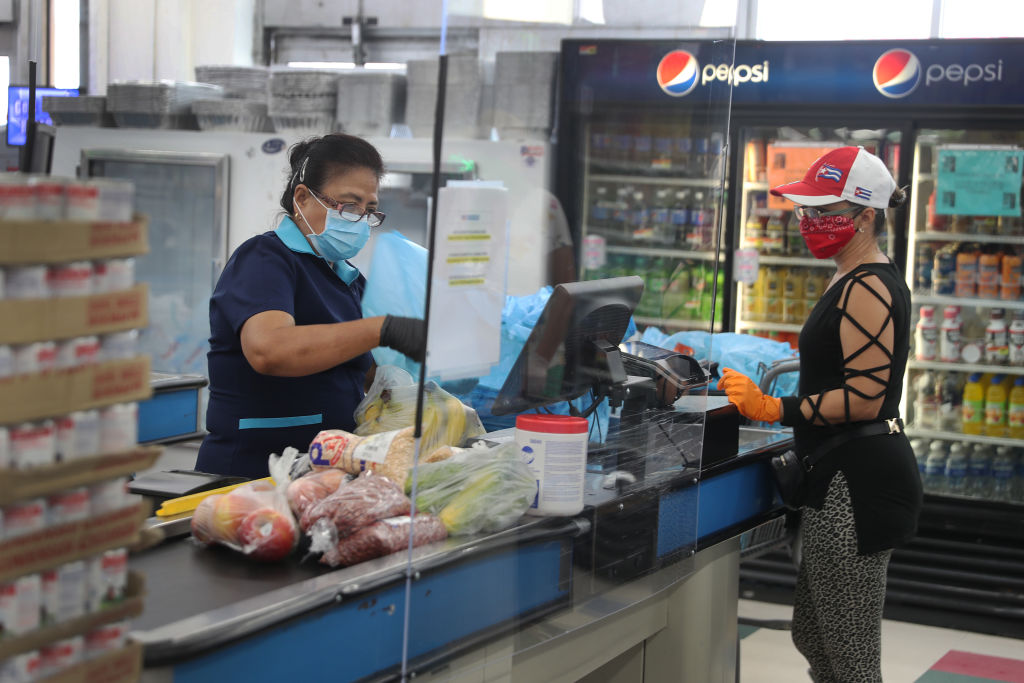The prices of food and other products are expected to rise in the U.S. beginning from January 1
Everything from snack foods like Jell-O and cookies to everyday items like milk and coffee are expected to rise in price, as high inflation rates and supply chain issues continue to disrupt the market.
Inflation rates rose to 6.8% earlier this month over the previous year, marking the fastest annual increase in the inflation rate since June 1982, according to the latest consumer price index data from the Bureau of Labor Statistics (BLS).
In November, the U.S. Department of Agriculture’s food-at-home index, which includes grocery store or supermarket food purchases, rose 6.4% over the previous year. According to the index, the prices of meat, poultry, fish, and eggs increased 12.8%, “driven up by strong domestic and international demand, labor shortages, supply chain disruptions, and high feed and other input costs.”
WHAT TO EXPECT IN 2022
Looking ahead to the new year, it appears that inflation rates will continue to impact the food industry and cause prices to rise, especially at grocery stores across the country.
“Inflation is outpacing increases in household income and weighing heavily on consumer confidence, which is at a decade low. It is only a matter of time before it impacts consumer spending in a material way,” said Greg McBride, Bankrate’s chief financial analyst.
According to research firm IRI, food prices are estimated to rise an overall 5% in the first half of 2022, though the level of increases will depend on the grocer and location.
“As inflation rises, some large companies are implementing additional price increases,” IRI’s report reads. “We see increasing price sensitivity emerge for everyday items such as breakfast meats, frozen poultry, and pet food.”
Must read: Another January 6 Like Attack Can Happen Again If Trump Loses in 2024
WHO IS INCREASING THE PRICES?
Several major food distribution companies in the United States recently announced price jumps ahead of 2022. Mondelez International, General Mills, and Kraft Heinz all announced sweeping price increases beginning in the new year on products ranging from candy to cereal to Jell-O. According to the Wall Street Journal, Kraft Heinz’s price increases were among the most dramatic heading into 2022, with some items going up as much as 20%; the price of the company’s Grey Poupon mustard, for example, will increase between 6% to 13%.
Other common food items are expected to become more expensive as a result of ongoing supply chain issues. Prices of produce like potatoes and celery are likely to increase because of higher freight costs; alcoholic beverages like beer, liquor, and wine will increase in price because of labor shortages and delays on imported goods, according to the Wall Street Journal’s report.
Other factors contributing to the jump in food prices are higher oil prices and companies passing on the cost of more expensive transportation, said PNC senior economist Bill Adams.
Up to this point, consumers have been willing to spend more on groceries even as prices rise significantly, and many big-name brands have banked on consumer loyalty, showing little concern about passing along price increases to customers.
But experts said that relying on brand loyalty in the wake of increasing prices is shortsighted, and could quickly backfire in the new year.
“Consumers are watching very carefully how much money they’re spending on groceries,” Phil Lempert, an analyst and food trends expert known as the Supermarket Guru said. “They’ve seen the price of groceries go up. It’s continuing to go up. And just because you have a national brand that’s iconic for 100 years doesn’t mean that you can raise prices.”

